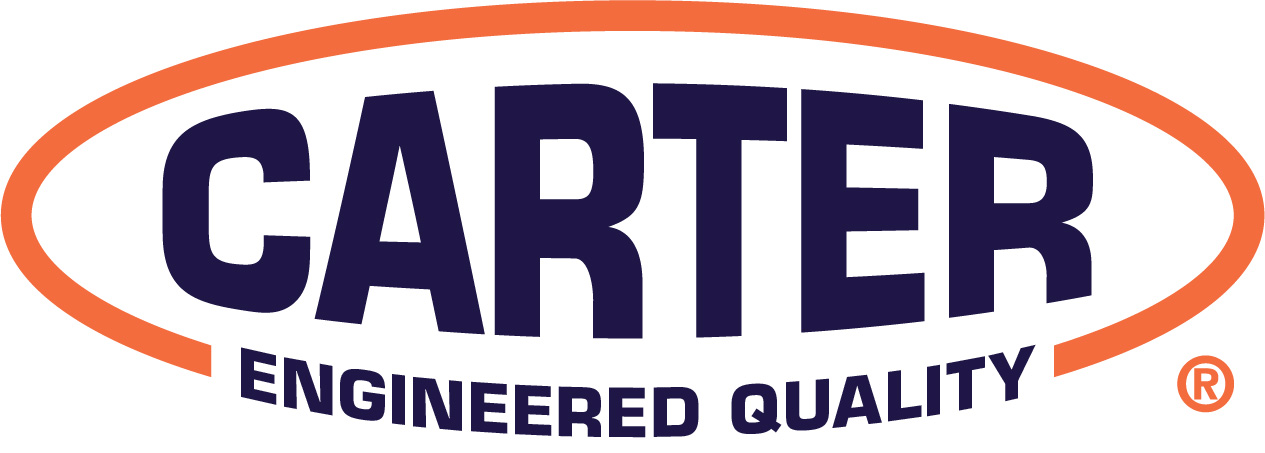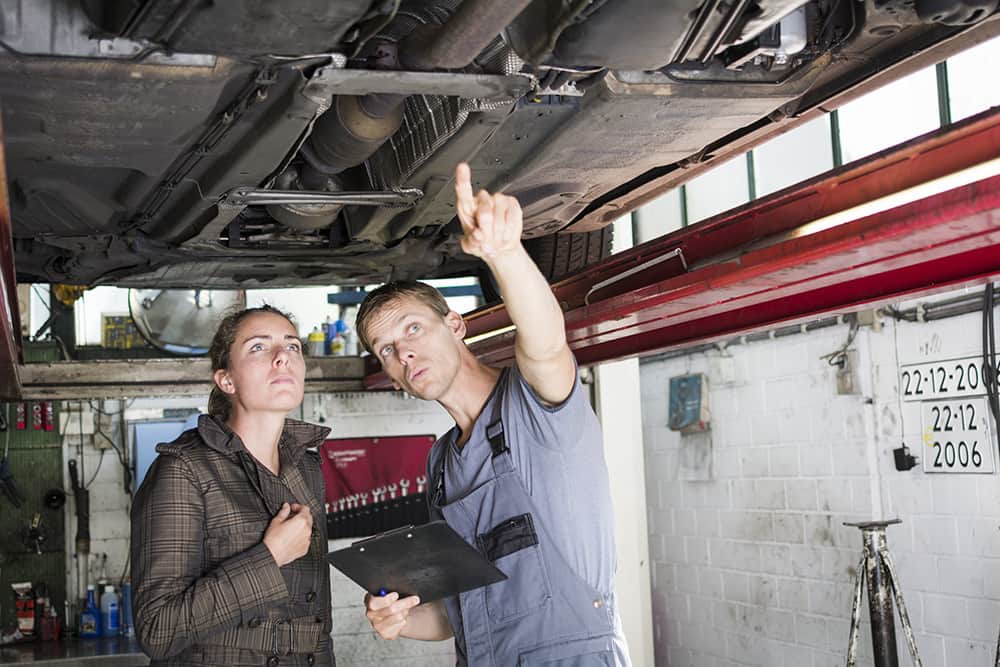The fuel pump plays a critical role in your vehicle's fuel delivery system. This component transports fuel from the gas tank to the engine at the precise pressure required for efficient combustion. While this may seem like a simple task, it can easily be compromised when external factors affect the pump's performance. When the pump struggles to maintain pressure, it disrupts the air-fuel mixture, leading to poor engine performance, misfires, or complete failure. Understanding the three most common causes of fuel pump failure can help you take preventative measures to maintain your vehicle's reliability.
Common Causes of Fuel Pump Failure
Fuel contamination
Fuel contamination is a leading cause of fuel pump failure. It happens when impurities like dirt, water, or rust enter the fuel system and degrade the quality of the fuel. In normal operation, fuel filters trap these contaminants, but once the filters clog, the impurities pass through and reach the pump. This blockage restricts fuel flow, which in turn forces the pump to operate under higher strain to maintain pressure. Over time, this extra strain wears down the pump’s components and eventually leads to fuel pump failure.
Recommendation: Periodically clean the fuel tank and replace fuel filters as recommended by the manufacturer to prevent wear on the fuel pump.
Clogged Strainers and Filters
Strainers and filters are the components that trap contaminants before they reach the fuel pump and engine. These components are designed to be replaceable. Once their capacity to trap particles is exhausted, their continued use puts the fuel pump at risk. Regular inspection and timely replacement according to manufacturer recommendations are essential to maintaining fuel system integrity. This not only prevents clogging but also ensures the fuel pump operates under normal conditions.
Electrical Issues
Electrical faults are a major contributor to fuel pump failures, often stemming from issues such as corroded connectors, loose terminals, or damaged wiring. These problems disrupt the consistent electrical current required for proper fuel pump operation. Corroded or rusted connectors increase resistance in the circuit, while loose or melted wiring can cause intermittent power loss. This can result in symptoms such as engine stalling, difficulty starting, or even a total inability to start.
Recommendation: It's recommended to have a qualified mechanic use a digital volt/ohm meter to test the electrical function of the system.
Preventative Measures
- Follow the vehicle's maintenance schedule for fuel system components.
- Use high-quality fuel system components, such as Carter fuel pump assemblies, which are designed for durability and reliability.
- Avoid running the vehicle on low fuel levels, as this can cause the pump to overheat and draw in contaminants from the bottom of the tank.
Upgrade with Carter Fuel Pump Assemblies
Upgrade your vehicle's fuel system reliability with Carter's premium fuel pump assemblies. Engineered with our innovative CleanScreen™ multi-layer internal and external strainers, these pumps trap finer particles and offer up to 40% more dirt-holding capacity than standard options. This enhanced filtration not only increases the life of the fuel pump but also ensures optimal performance even in the dirtiest environments.
At Carter, our commitment to quality is unwavering. We take pride in providing the highest-quality parts in the industry, backed by rigorous testing and quality control. To give you complete confidence in your purchase, we offer a solid warranty: if a pump fails within the warranty period, we will gladly issue a credit or replace the failed product.
Find the Right Fuel Pump for Your Vehicle
With our Part Finder, you enter your vehicle details to find the most compatible fuel pump designed to meet your engine's specifications and fuel delivery system.


Share This: